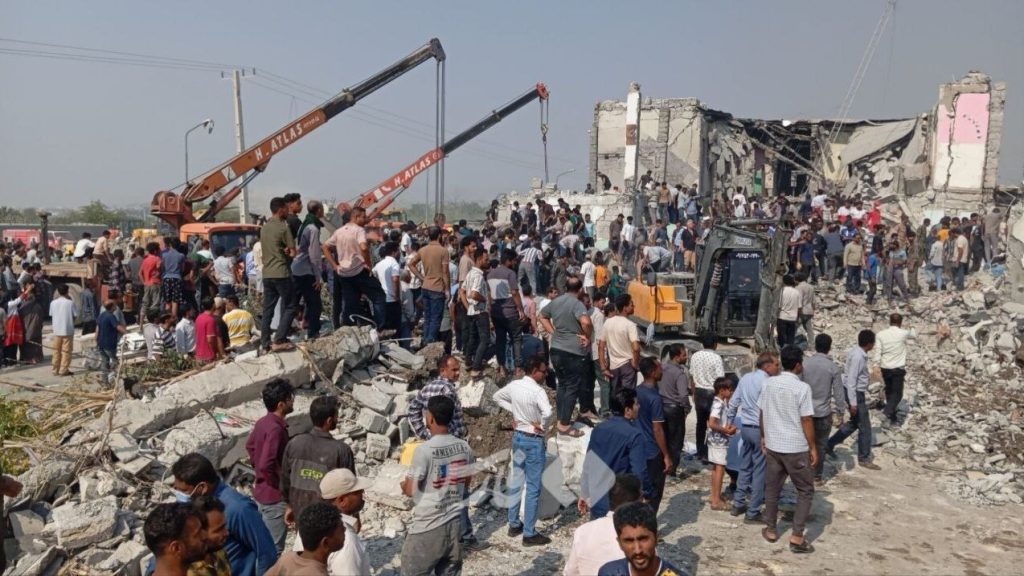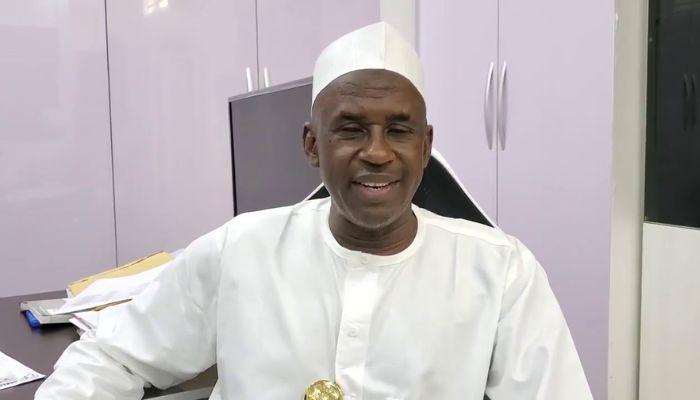Lead poisoning continues to pose a grave threat to public health in Nigeria, with rampant use of lead-based glazes and paints contributing to widespread contamination. While NGOs and industry players have made strides in addressing this crisis, experts assert that urgent government intervention is crucial to curb the pervasive dangers of lead exposure.
In certain regions of Nigeria, lead glazes in pottery have flourished despite a ban on its usage. Notably, NGOs have been pivotal in aiding artisanal potters, facilitating the transition to lead-free glazes and advocating for implementing higher-temperature kilns to prevent the leaching of harmful metals. Concurrently, public awareness campaigns have shed light on the detrimental effects of lead-based pottery, coupled with a certification programme for potters utilising lead-free coatings.
Nevertheless, pertinent stakeholders emphasise the imperative role of government enforcement in this regard. The South African Paint Manufacturing Association (SAPMA) has fervently urged the government to intensify regulatory enforcement, having brought to light instances of hazardous paint levels being retailed without corresponding repercussions for offenders. Regrettably, the National Department of Health has yet to respond.
Spotlight sought commentary from SAPMA’s executive director, Tara Benn, who underscored the industry’s compliance with prevailing regulations. Benn highlighted the industry’s alignment with the regulation of less than 90 parts per million, expressing the need to publish this regulation.
Furthermore, Nigeria’s lack of comprehensive national blood-lead surveys underscores the critical necessity for accurate data and substantial investment in combatting lead poisoning. In contrast to certain affluent nations like the United States, countries such as Nigeria lack nationally representative blood-lead surveys, impeding policymakers’ grasp of the extent of the crisis. Bjorn Larsen, an environmental economist consulting for the World Bank, stressed the urgency of establishing routine blood-lead measurements that are nationally representative, advocating for their inclusion in existing household surveys.
Notably, the United States conducts mandatory blood-lead tests for children enrolled in Medicaid and conducts nationally representative surveys through the Centres for Disease Control and Prevention. Raising impetus on international health financing, experts have called for substantial aid to mitigate lead poisoning in low- and middle-income countries. A consortium of experts and officials recently implored $350 million in international aid over seven years to substantively address the global lead poisoning crisis.
As the bleak spectre of lead poisoning continues to loom over Nigeria, it becomes imperative for the government to heed these expert calls for action, ushering in a new era of robust policies and enforcement to safeguard public health.



